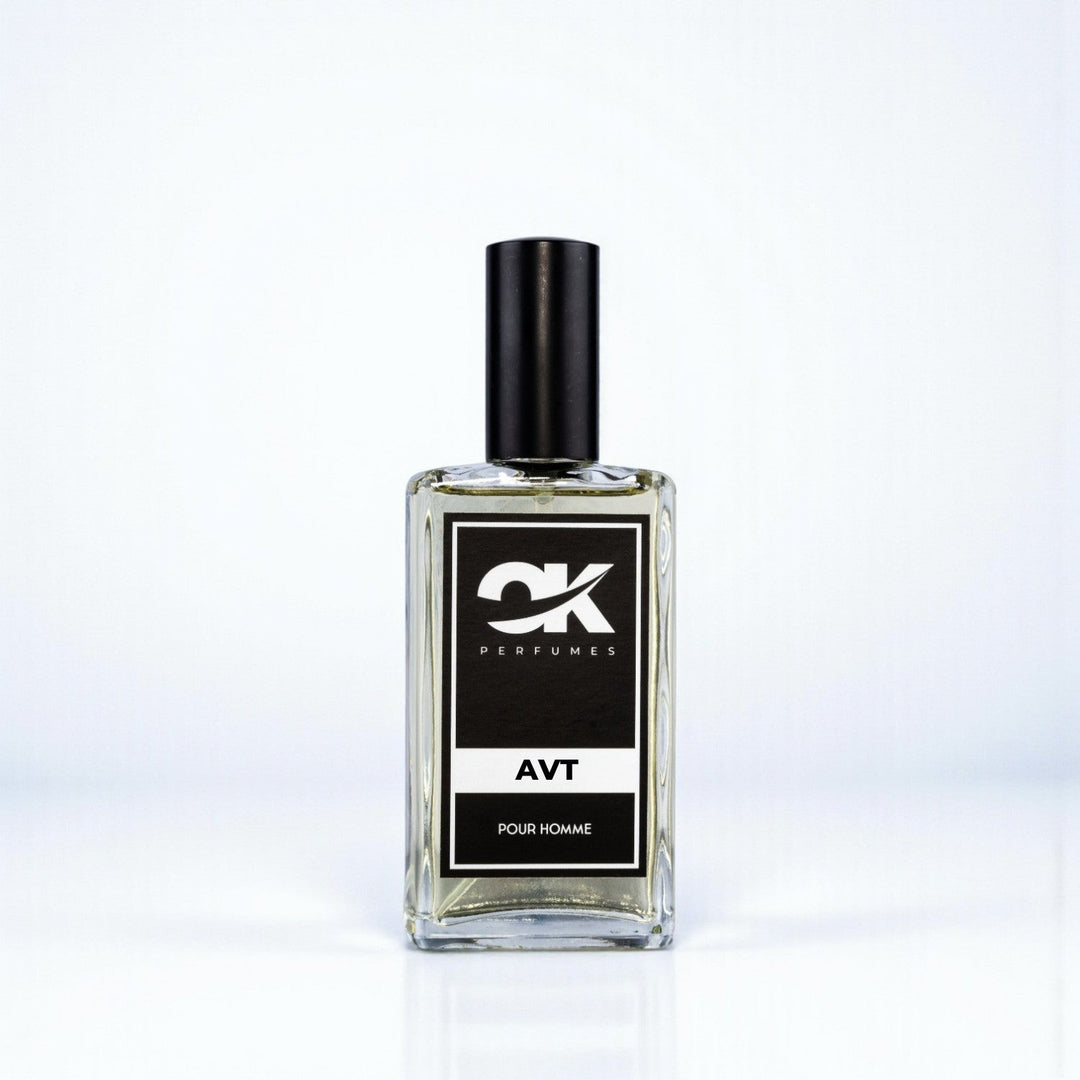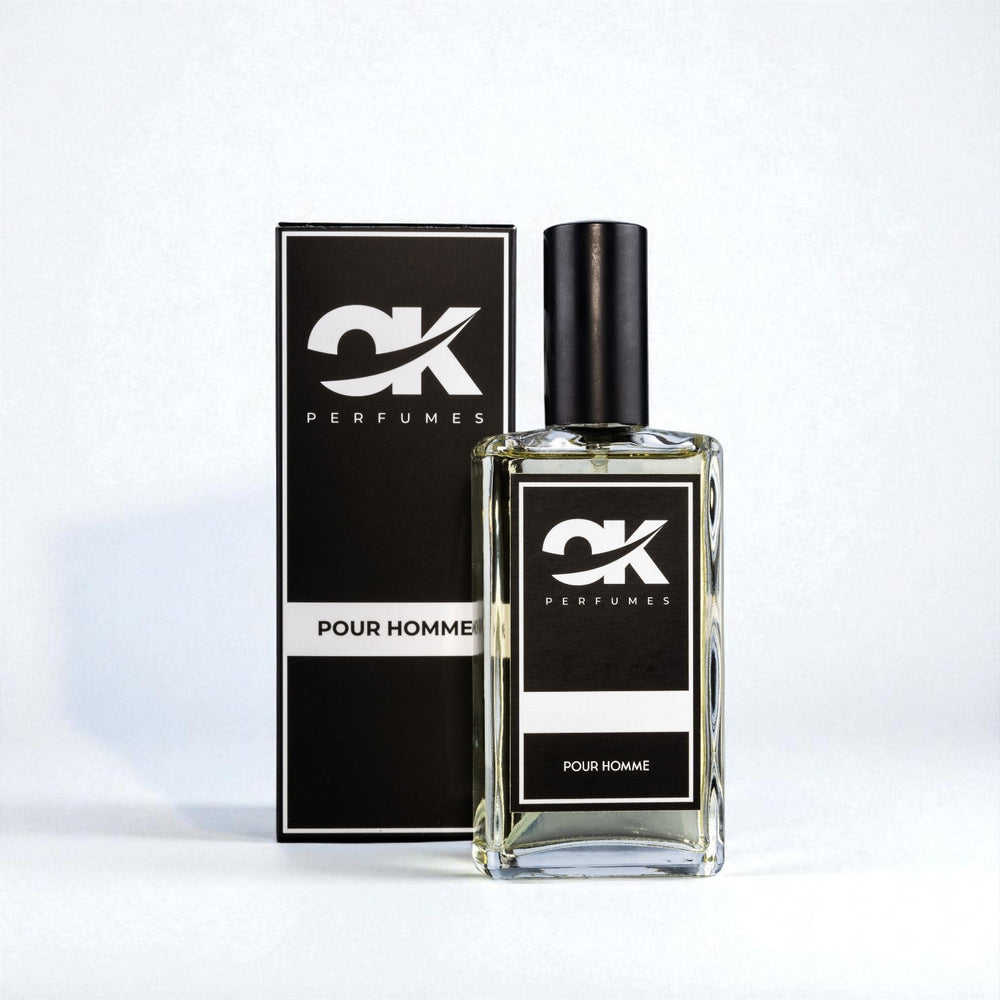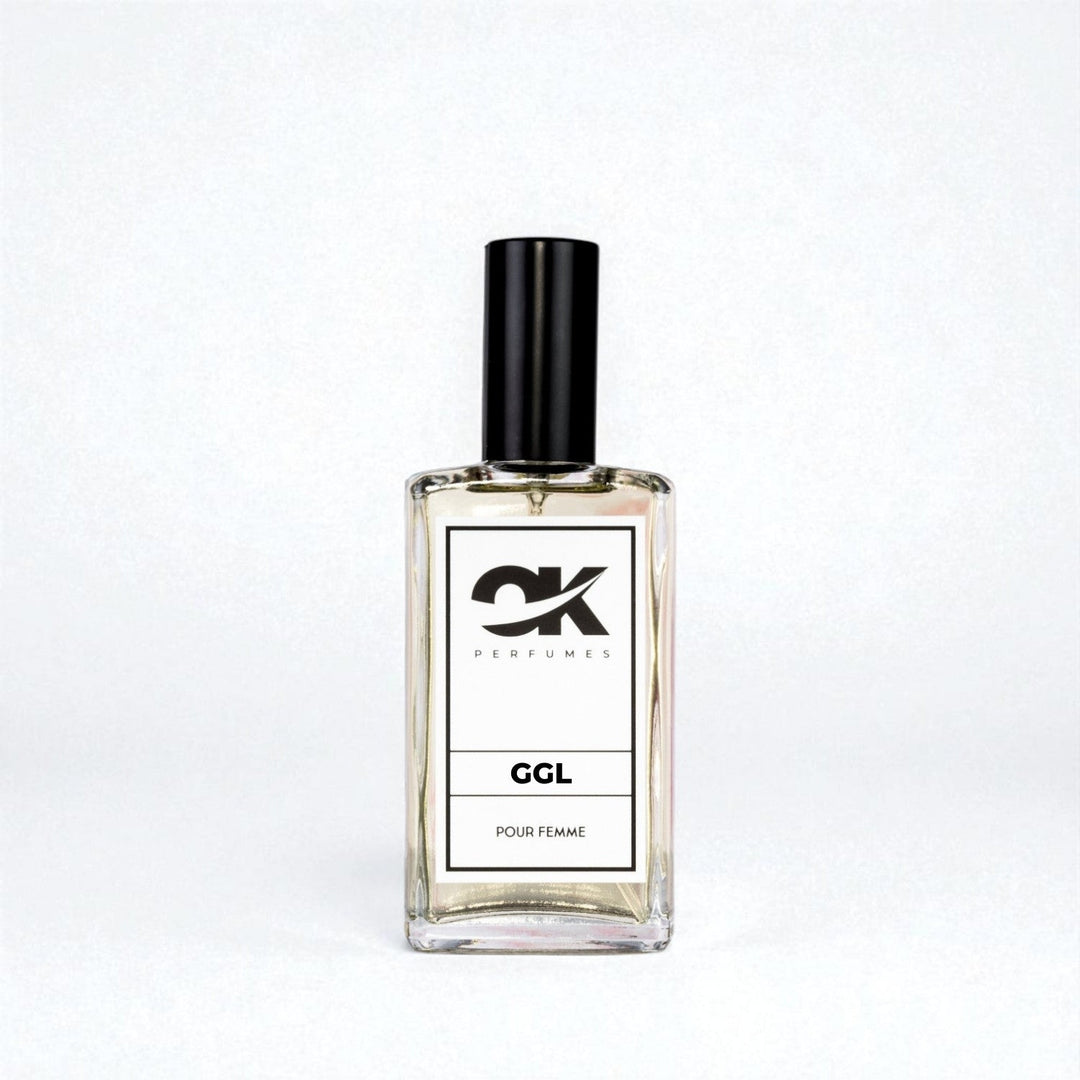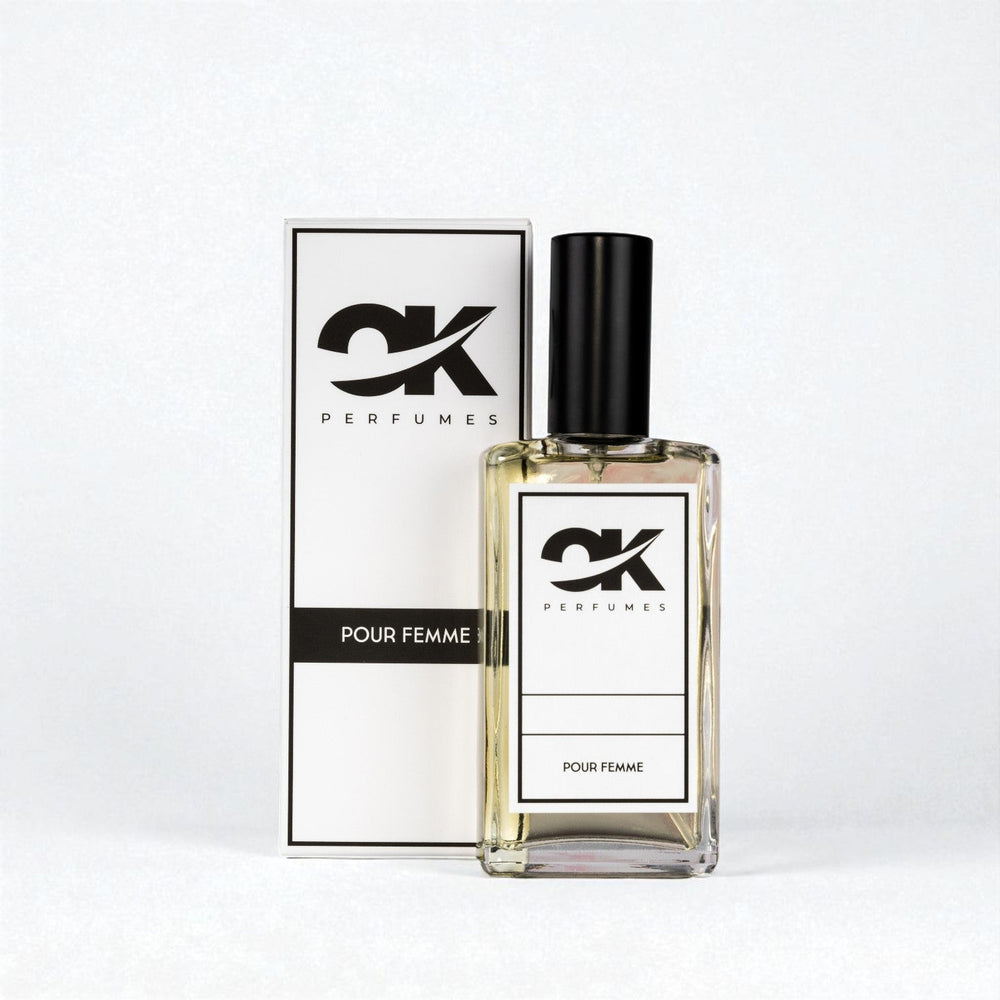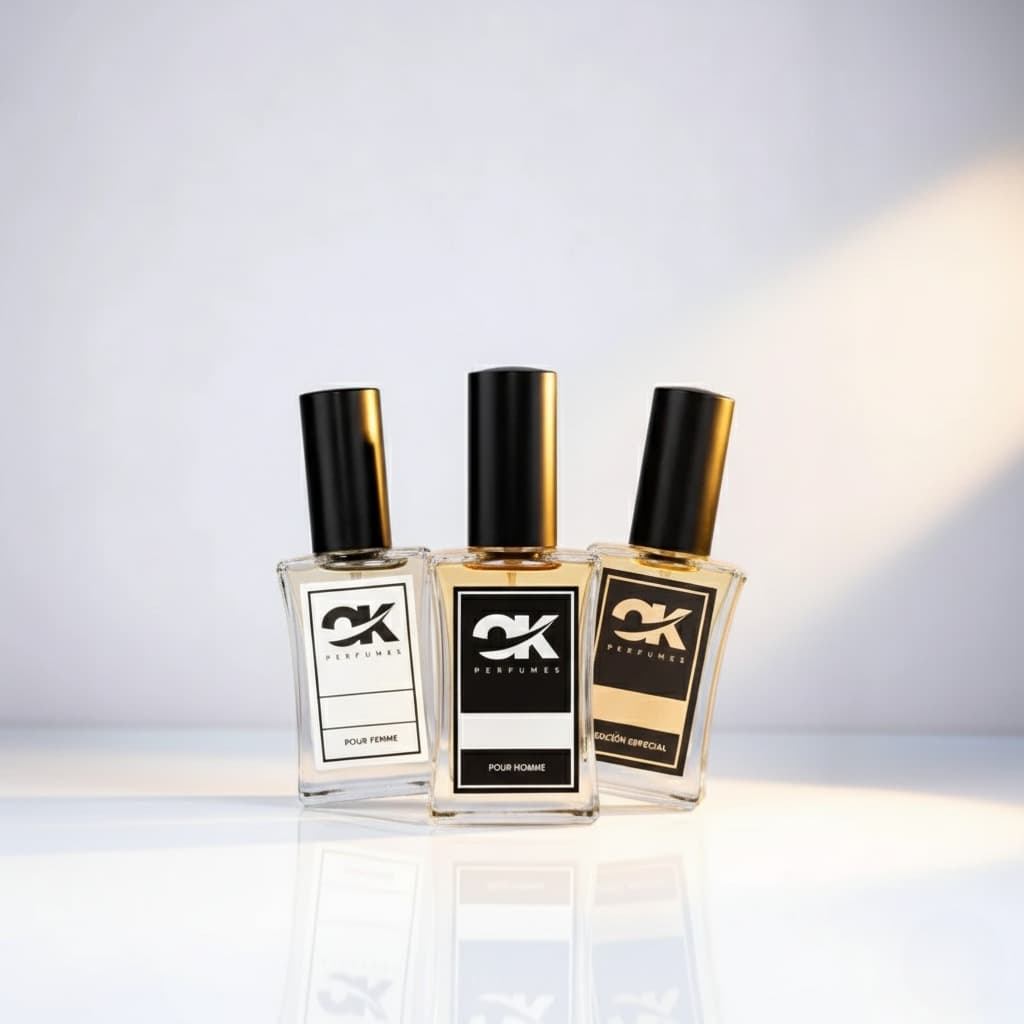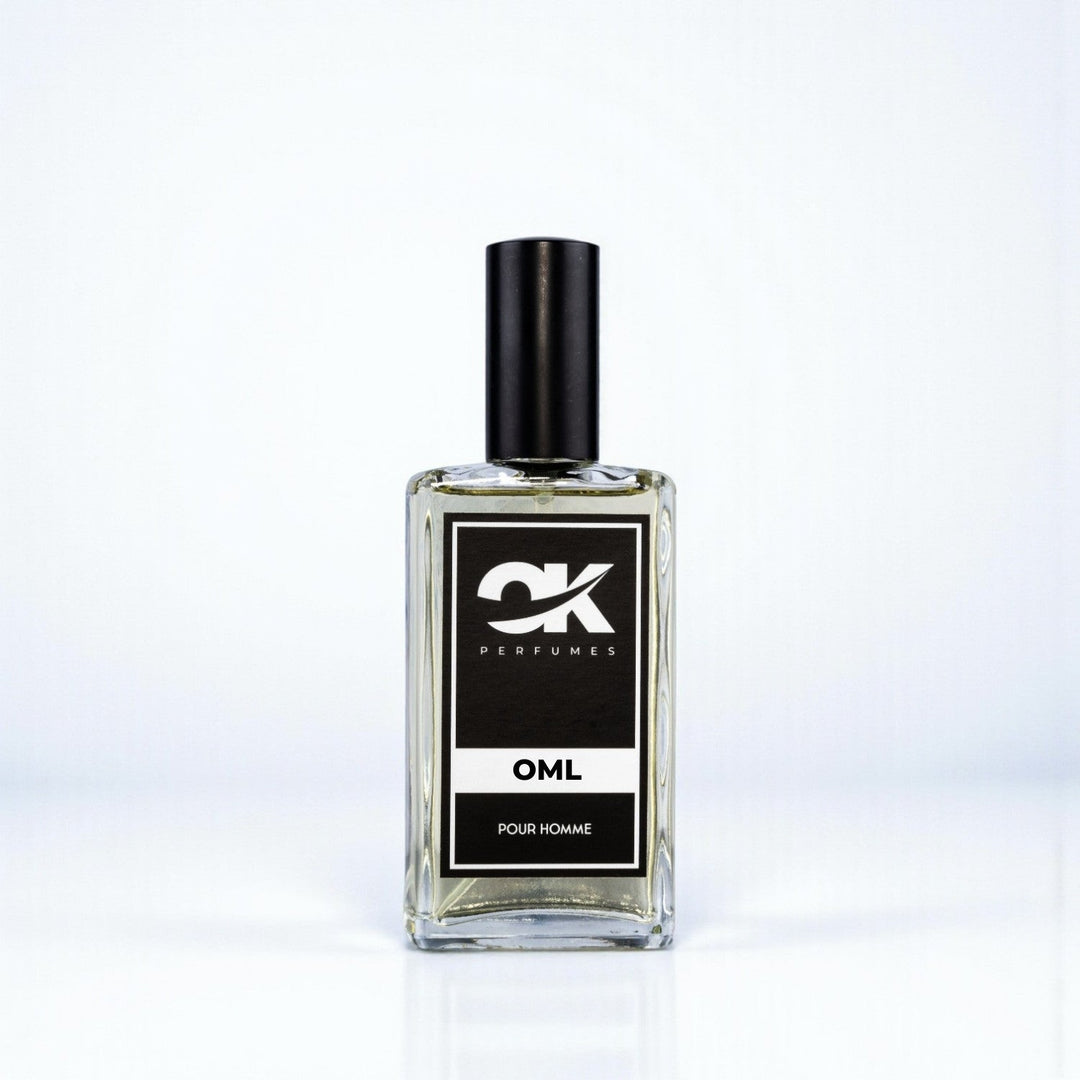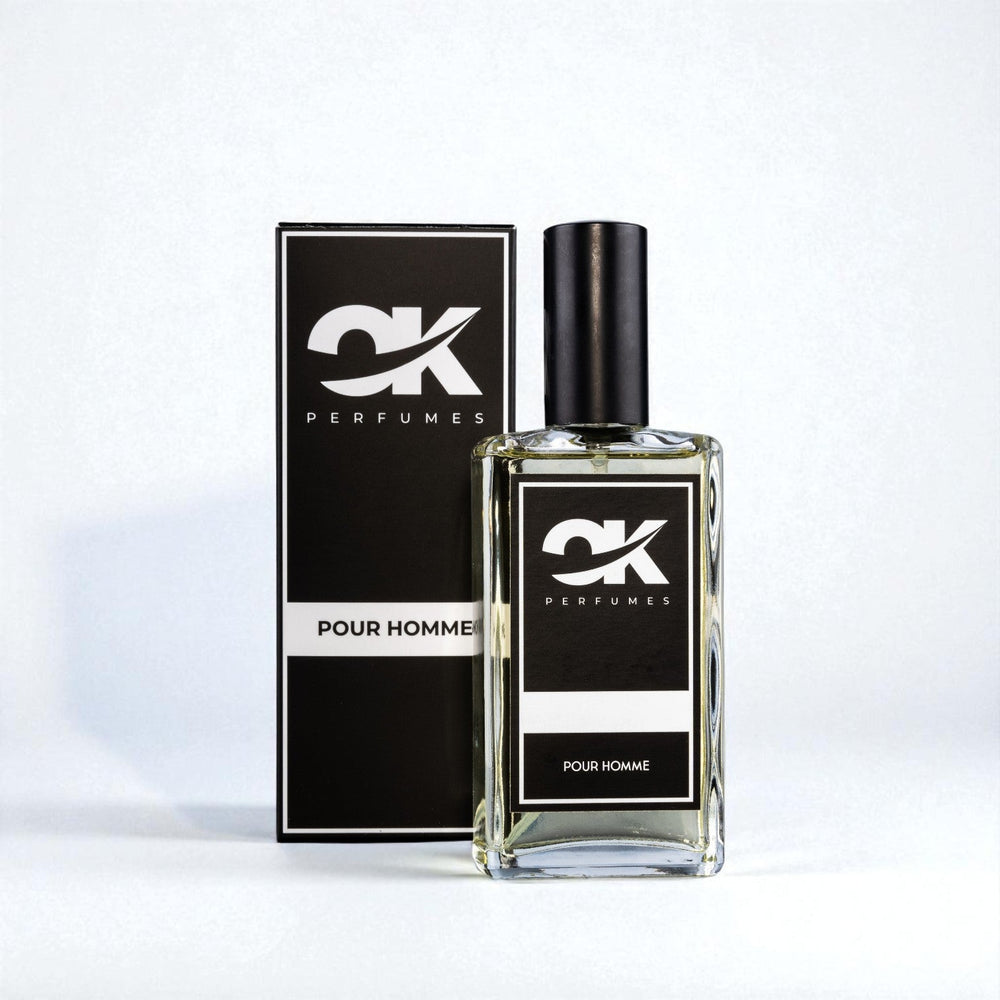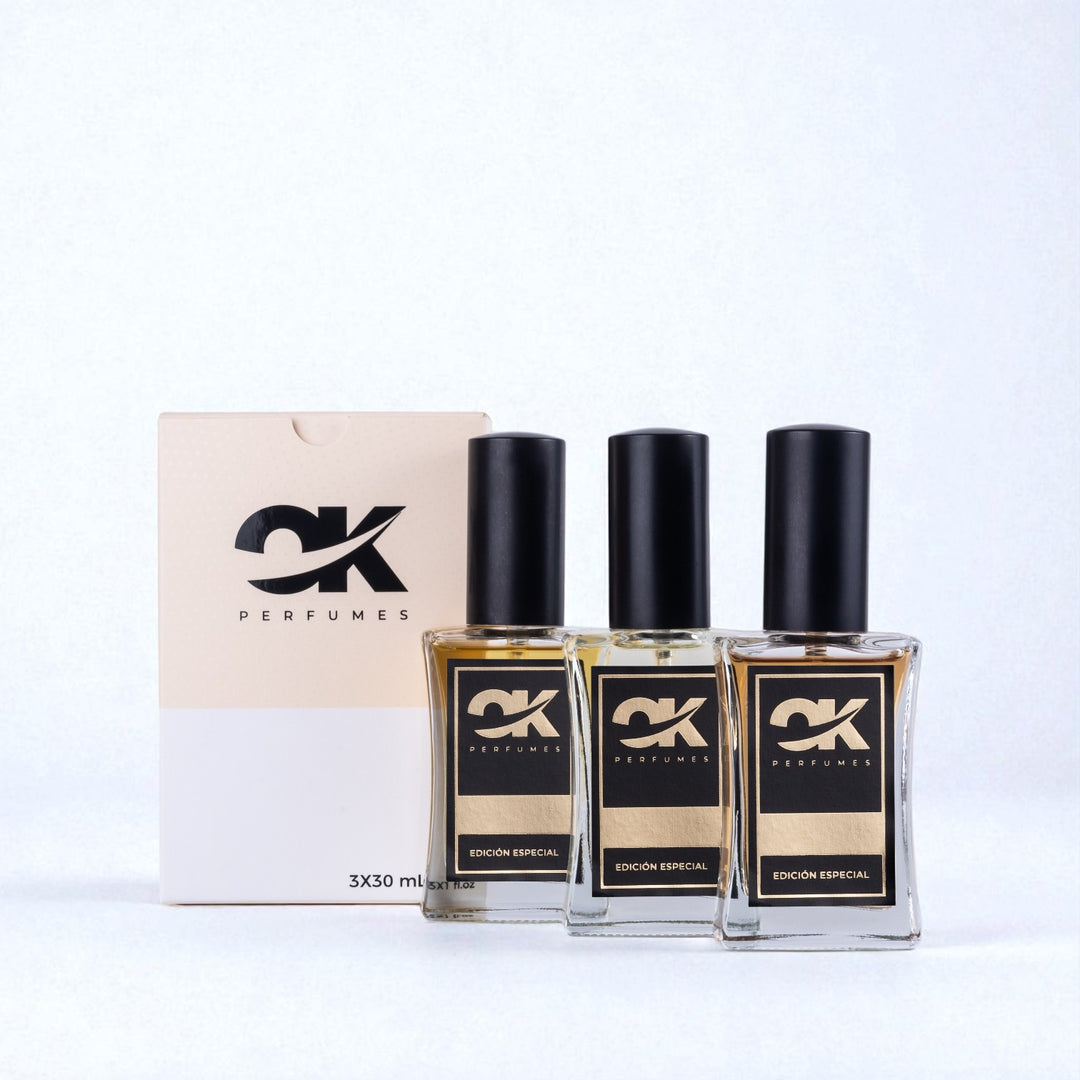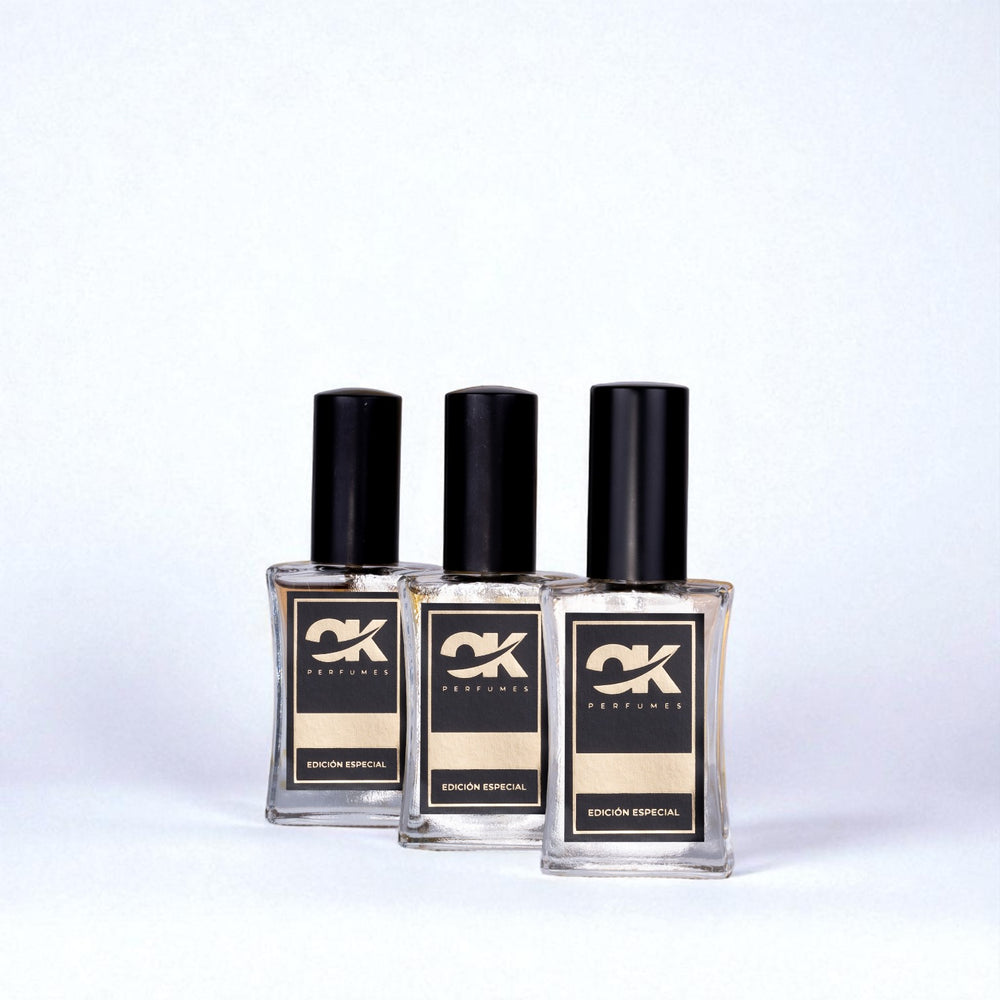The Most Common Ingredients in Perfumes
Have you ever wondered what really makes a perfume so special? Perfumes are much more than just a pleasant fragrance; They are made from a careful combination of ingredients that make them unique and irresistible. In this article, we will explore the most common ingredients found in perfumes and how they influence their quality and price.
1. Essential Oils
Essential oils are the base of most perfumes. These oils, which are extracted from plants, flowers, fruits, spices and woods, are responsible for the distinctive fragrance of each perfume. High-quality essential oils ensure a long-lasting, quality fragrance.
2. Alcohol
Alcohol is used in perfumes as a solvent for essential oils. It helps the fragrance slowly evaporate on the skin, allowing the fragrance to linger longer. The quality of the alcohol used can influence the strength and durability of the fragrance.
3. Water
Water is another common ingredient in perfumes. Helps balance the concentration of essential oils and alcohol, creating a balanced and pleasant fragrance. The purity of the water used can affect the final quality of the perfume.
4. Fixatives
Fixatives are ingredients used to prolong the duration of fragrance on the skin. These ingredients help the fragrance remain intact for hours, which translates into longer lasting perfume.
5. Top, Heart and Base Notes
Perfumes are made up of what are known as top, heart and base notes. The top notes are those that are perceived when applying the perfume, the heart notes are the ones that predominate after a while and the base notes are the most lasting. The quality of these notes is what determines the complexity and richness of the perfume.
6. Synthetic Aromas
In addition to natural essential oils, many perfumes also contain synthetic scents. These aromas are created in laboratories and allow perfumers to create unique and novel fragrances. The balanced combination between essential oils and synthetic aromas is key to achieving the best perfumes.
7. Natural Extracts
Some high-quality perfumes use natural extracts such as ambergris, musk or vanilla. These extracts provide a unique depth and warmth to the fragrance, making it more sophisticated and luxurious. Perfumes containing these extracts tend to have a higher price, but offer an unmatched sensory experience.
8. Preservatives
To ensure the durability and stability of perfumes, preservatives are incorporated into the formula. These ingredients prevent oxidation of essential oils and ensure that the fragrance remains intact for a long time. Choosing high-quality preservatives is essential for the longevity of a perfume.
9. Antioxidants
Antioxidants are also a common ingredient in high-quality perfumes. These compounds help protect essential oils from oxidation, keeping the fragrance fresh and vibrant longer. Antioxidants are key to ensuring the longevity of a perfume.
10. Emulsifiers
Emulsifiers are used to mix the different ingredients of a perfume evenly. These substances help maintain fragrance coherence and prevent ingredients from separating. A good balance of emulsifiers guarantees the quality of the perfume.
11. Thinners
Diluents are used to soften the intensity of a perfume and ensure that the fragrance is not overpowering. These ingredients allow the fragrance to gradually develop on the skin, creating a pleasant and balanced olfactory experience. Choosing quality thinners is essential to obtain the best results.
12. Aromatic Conclusions
In conclusion, premium quality perfumes are distinguished by the careful choice of high-quality ingredients. From natural essential oils to exotic extracts and cutting-edge preservatives, each component plays a crucial role in creating an exceptional fragrance. The balanced combination of ingredients is what defines the best perfumes, offering an unmatched sensory experience at a price that reflects its true quality.




